A winter walk in Sussex can reduce stress
and live on Freeview channel 276
The RSPB is encouraging people to get out and enjoy a winter walk in one of its beautiful reserves.
The conservation charity says a winter walk is anything but gloomy and has been shown to improve your state of mind and reduce stress.
Advertisement
Hide AdAdvertisement
Hide AdA breath of cold winter’s air, crisp crunchy leaves and frost hanging on to the last of the winter foliage - winter might not feel like the best season to explore the countryside and the nature that calls it home, but stepping outside can do us the world of good.
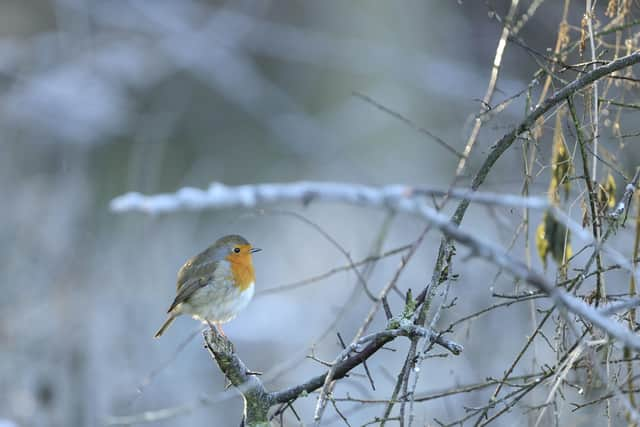

According to the mental health charity Mind, bringing nature into your everyday life can help to improve your mood, reduce feelings of stress or anger, and make you feel more relaxed.
Thankfully, nature isn’t just for enjoying when the sun is shining, and there’s a whole wintery world out there to discover.
As the weather turns colder and the days may seem duller, the RSPB is keeping reserves open across the county to help you blow away the cobwebs.
Advertisement
Hide AdAdvertisement
Hide AdBecca Smith, from the RSPB, said: “Step outside for a chance to be inspired by sweeping mists and icy puddles or watch fluffed up birds as they flit between the trees, because nature can be just as beautiful during the colder months.
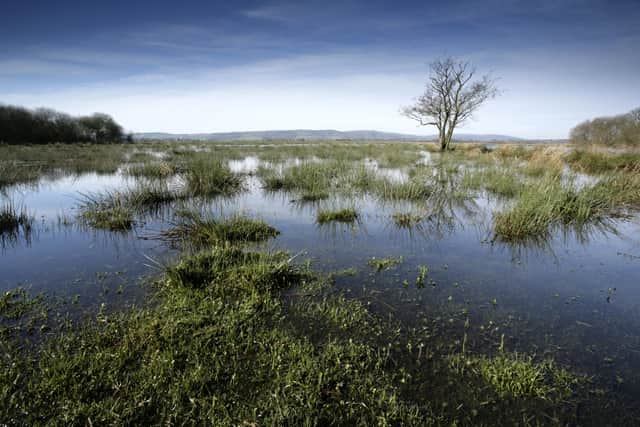

“The RSPB’s reserves are great for wildlife, but they also make great days out too; whether you’re a fun-fuelled family or seeking some quiet time in nature.
“While some of the charity’s facilities currently remain closed, a selection of its reserves are still serving takeaway refreshments including warm drinks, or have playgrounds to help keep the family entertained.”
The Mind charity says: “Try to plan your day to get the most out of natural light. If you can look at the sky or trees, or watch birds and other animals, this can help give you a sense of space.
Advertisement
Hide AdAdvertisement
Hide Ad“If you are able to spend time outside in winter, such as in a garden or on a walk, you could plan to do this during daylight hours.
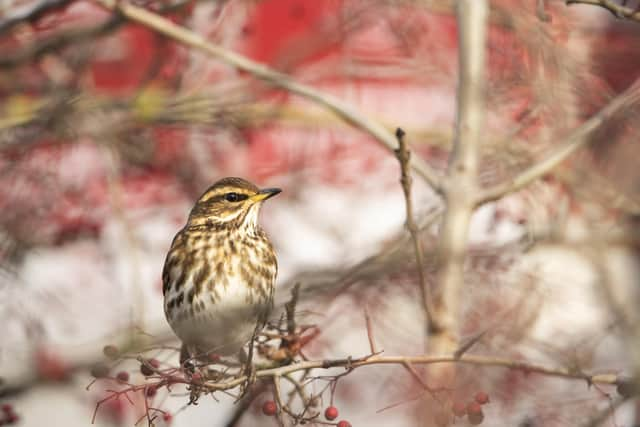

“If the weather’s cold, try to make your time outside as comfortable as possible by wearing warm clothes. It may also help to bring a warm drink with you in a flask, or have a hot drink after your time outdoors to warm yourself up.”
Fore Wood, near Battle, in East Sussex, offers glorious and peaceful woodland with fascinating ghylls, - steep sided little ravines in the sandstone where rare ferns grow. There is always the chance of seeing a nuthatch or a great spotted woodpecker at Fore Wood.
During the winter months, look out for large flocks of rooks, fieldfares and redwings, the latter often feeding on the forest floor.
Advertisement
Hide AdAdvertisement
Hide AdClose to Hastings and Rye, and just over the Sussex border into Kent, is the reserve at Dungeness.
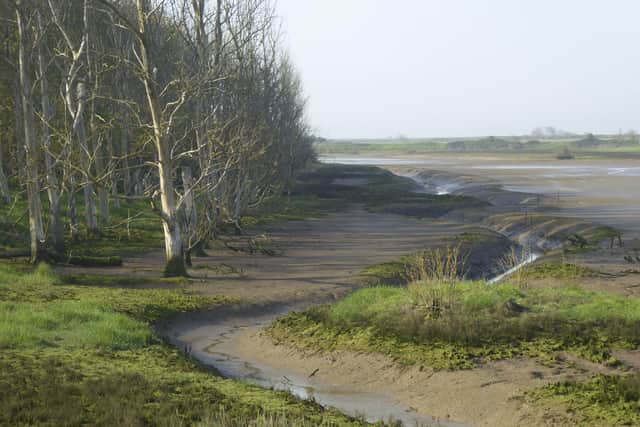

The reserve at Dungeness is close to the shoreline, with miles of open shingle, fresh water pits, wet grassland and meadows.
Dungeness is the third most bio-diverse site in the country for its insect species and provides a home for thousands of wintering wildfowl and nesting seabirds. The shingle ridges support an internationally important community of plants and animals.
Winter sees an influx of birds such as goldcrests, firecrests, goldfinches and fieldfares, which all winter there.
Advertisement
Hide AdAdvertisement
Hide AdDungeness is also home to the rare bittern, which is known for its ‘booming’ cry.
Head to the ‘wild and wonderful’ RSPB Medmerry, near Chichester, with it’s panoramic views and glorious sunsets for a chance to spot hunting birds of prey such as peregrines and merlins.
As one of the best places to spot birds of prey anywhere along the Sussex coast, there’s also the chance to see short-eared owls and barn owls alongside flocks of goldfinches, brent geese or golden plovers gathering to roost.
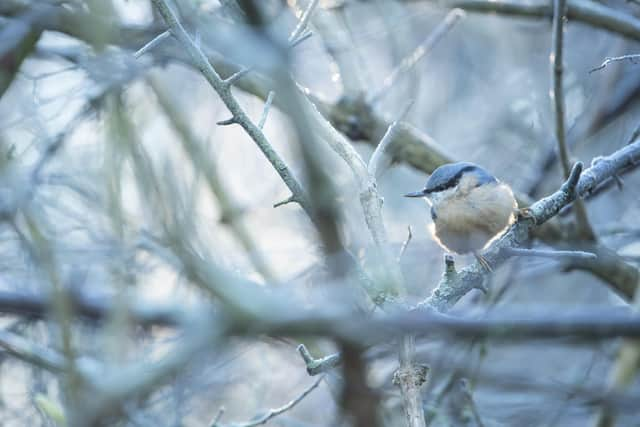

Linked by public footpaths, RSPB Medmerry is just a stone’s throw from the neighbouring RSPB Pagham Harbour reserve.
Advertisement
Hide AdAdvertisement
Hide AdA glorious and peaceful nature reserve, Pagham Harbour is one of the few undeveloped stretches of the Sussex coast, and is internationally important for wetland wildlife.
If you stand on RSPB Pagham Harbour’s North Wall at dusk on a winters evening, you may be lucky enough to experience a true winter wildlife spectacle as hundreds of brent geese and wigeon pass overhead to graze in the fields north of the reserve.
The sound of beating wings can be heard over their honks and whistles, as they move in sheer numbers.
For beautiful views across the South Downs and rich nature experiences, try RSPB Pulborough Brooks in the Arun Valley.
Advertisement
Hide AdAdvertisement
Hide AdHome to some wonderful willdife and a great variety of habitats, winter at the reserve is the best time to see short-eared owls, barn owls, hen and marsh harriers, peregrines and merlins hunting over the reserve.
Colourful flocks of ducks, geese and wading birds can also be found on the reserve, as well as the brilliantly camouflaged snipe, who might just come out to ice skate on cold winter days.
The RSPB reserves remain open in ,line with Government guidance on essential daily exercise.
Car parks, trails and toilets are open during lockdown, though visitor centres, hides and shops are closed in lockdown.
Advertisement
Hide AdAdvertisement
Hide AdWhen visiting make sure you observe the current guidance around social distancing, group sizes and hygiene.
The RSPB carries out important conservation work to safeguard species and habitats. It organises annual events such as the Big Garden Birdwatch and Big Schools Birdwatch. Visit www.rspb.org.uk.